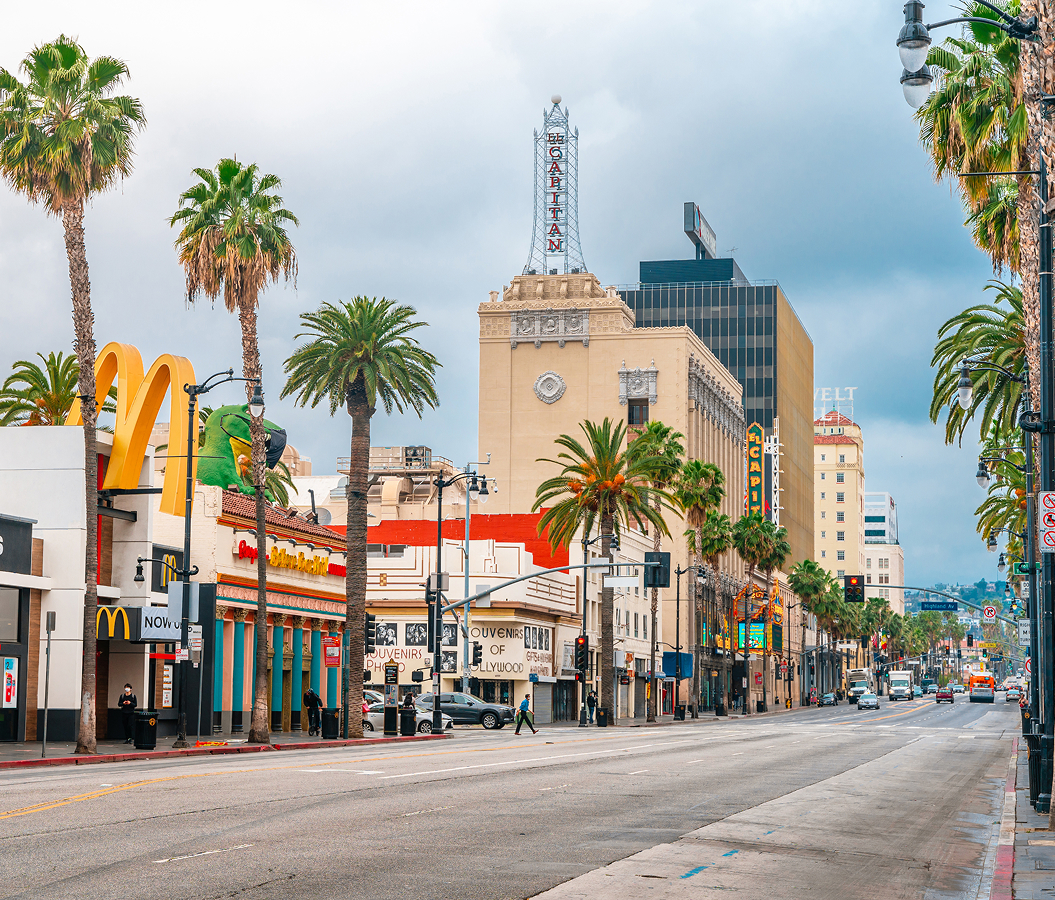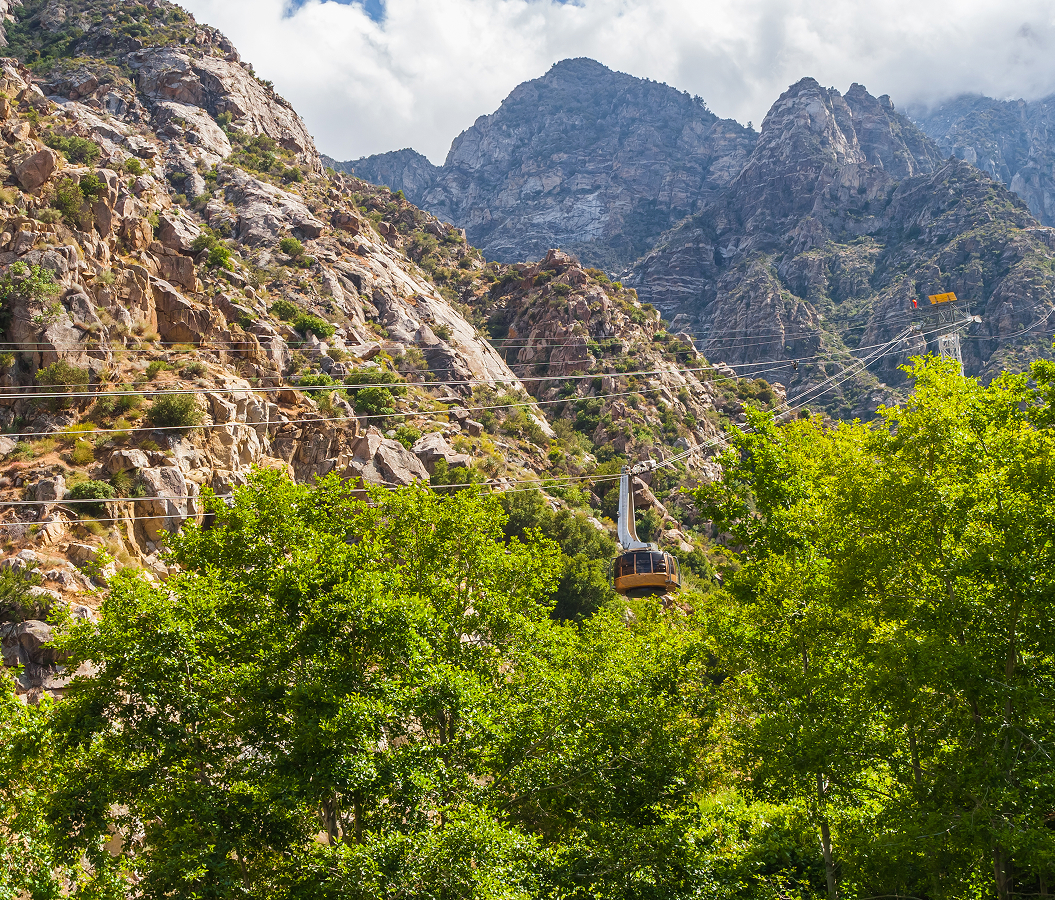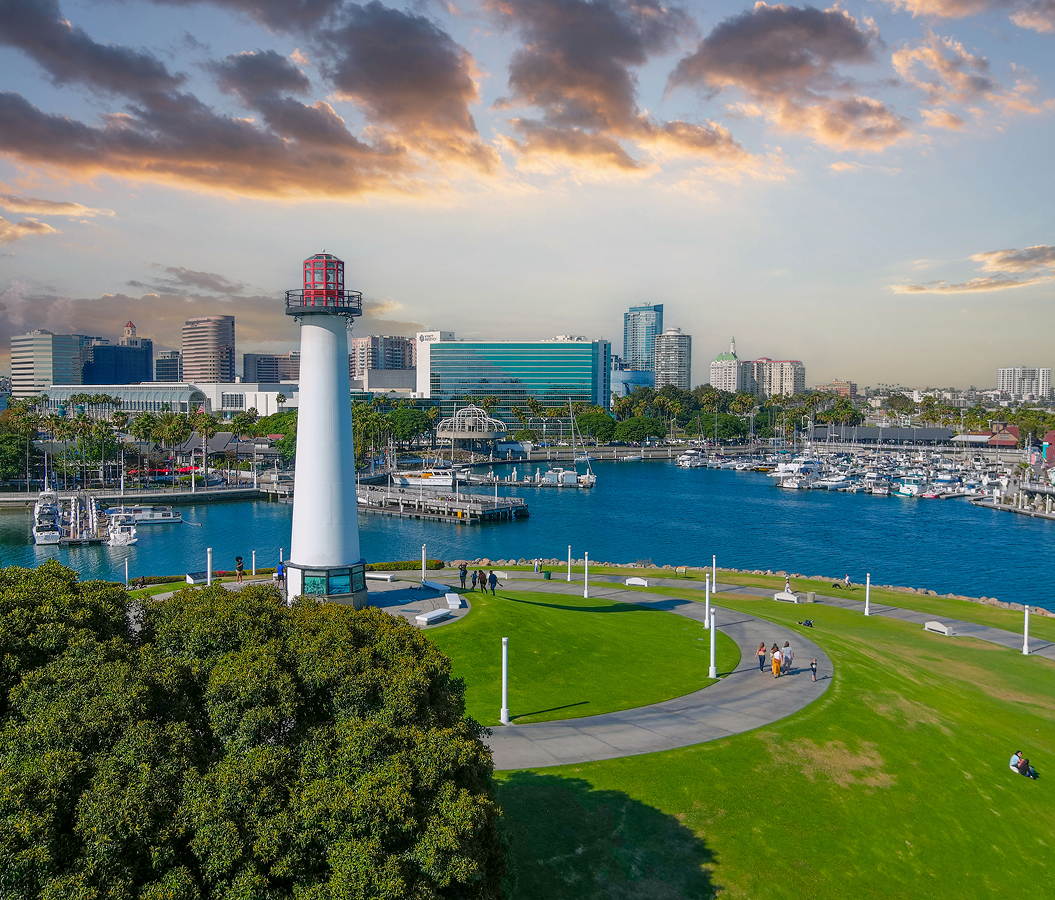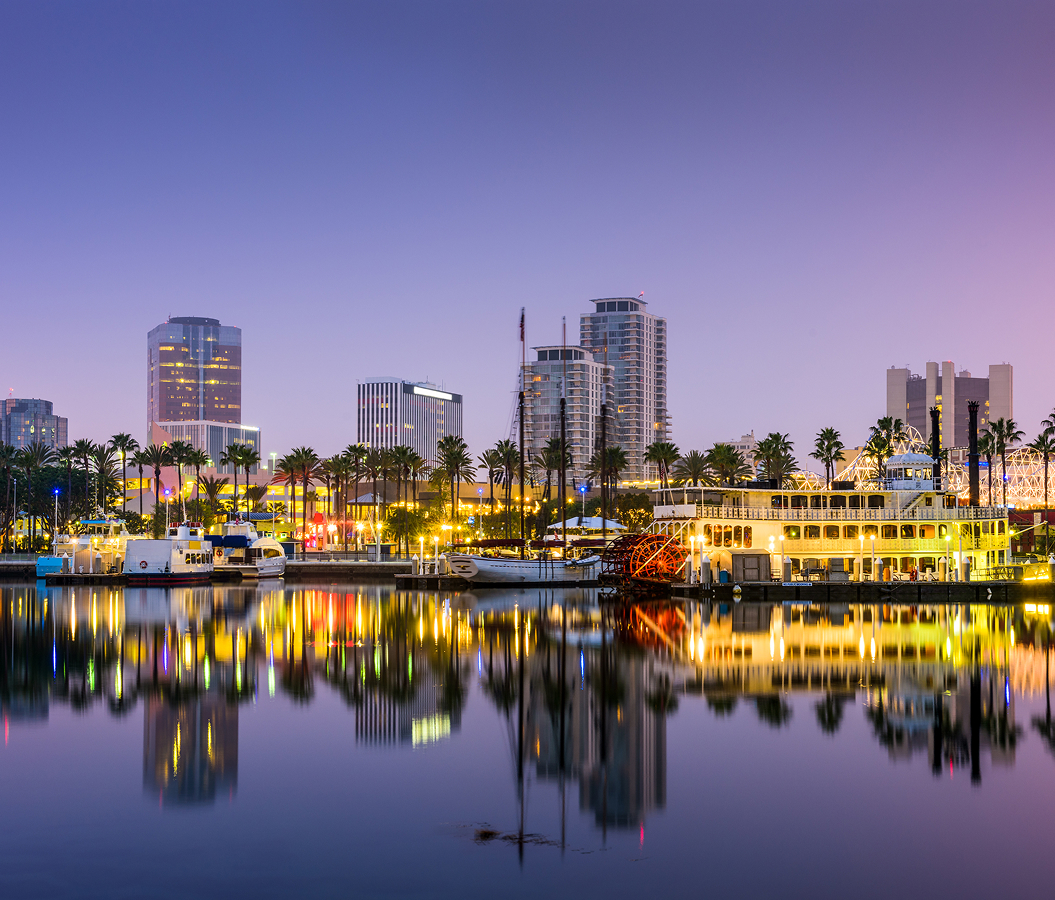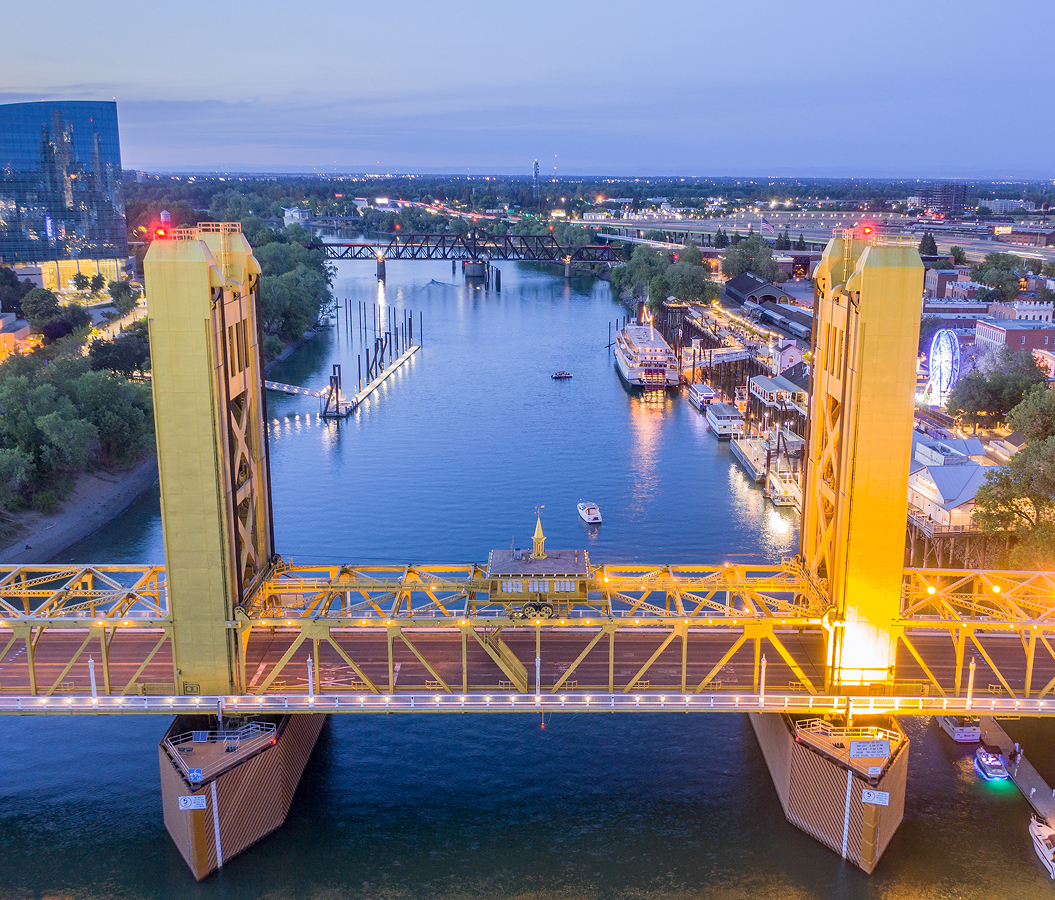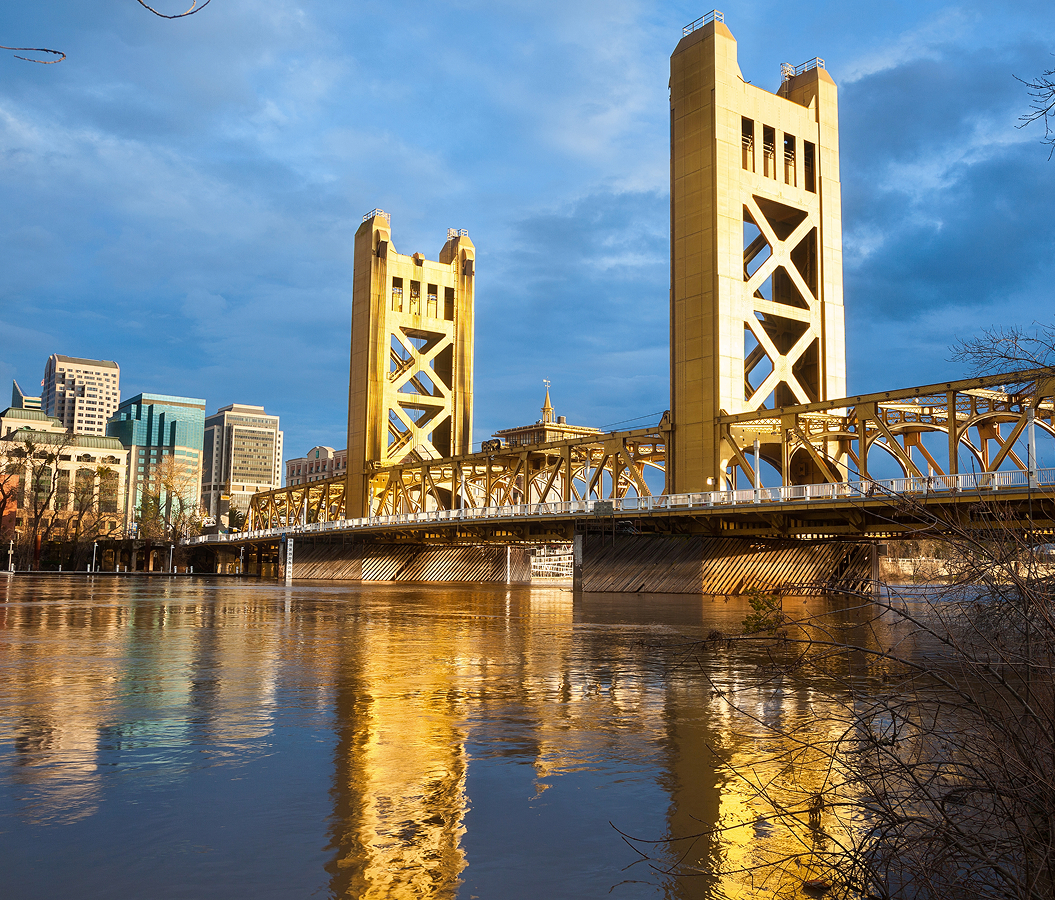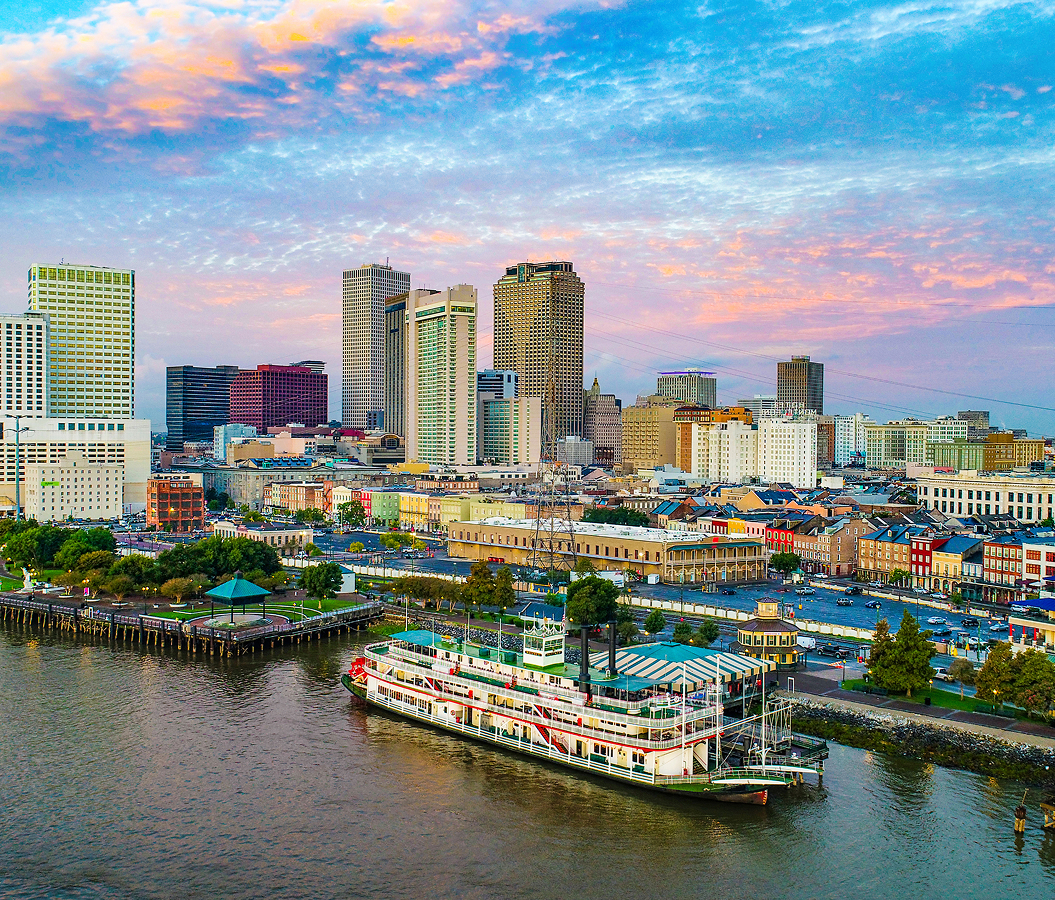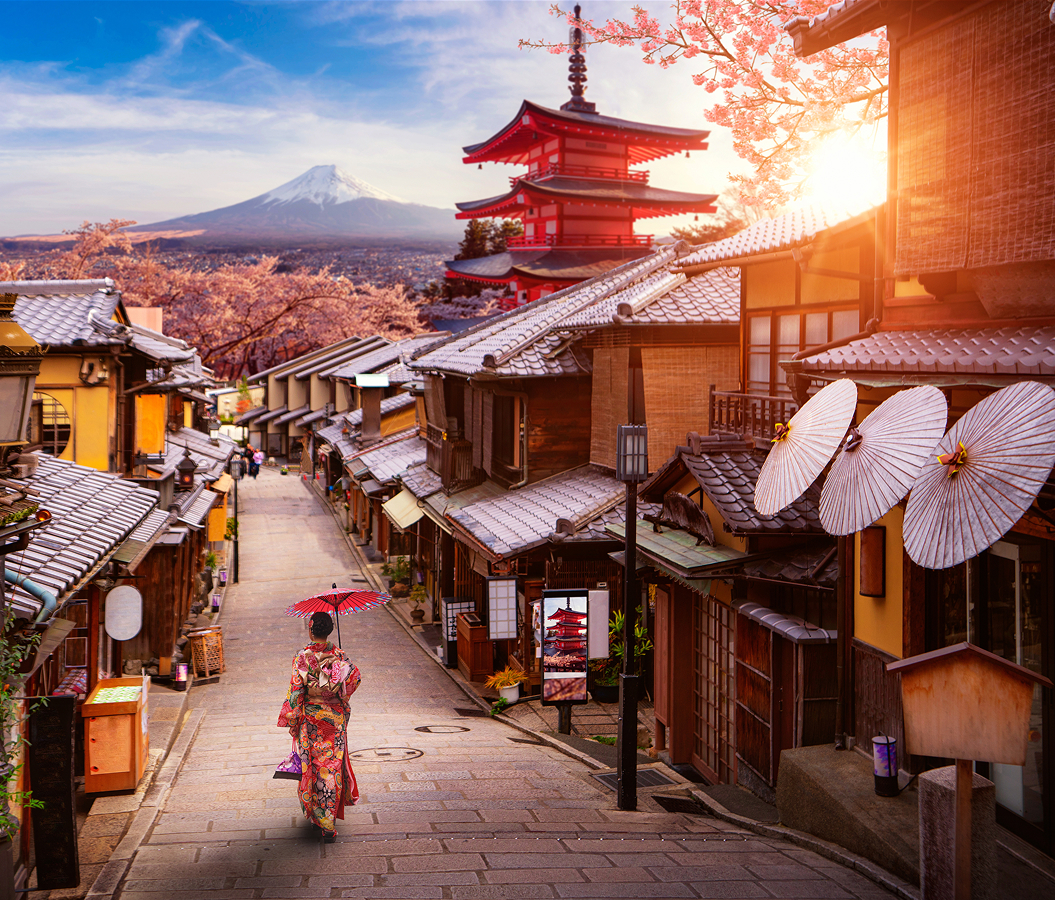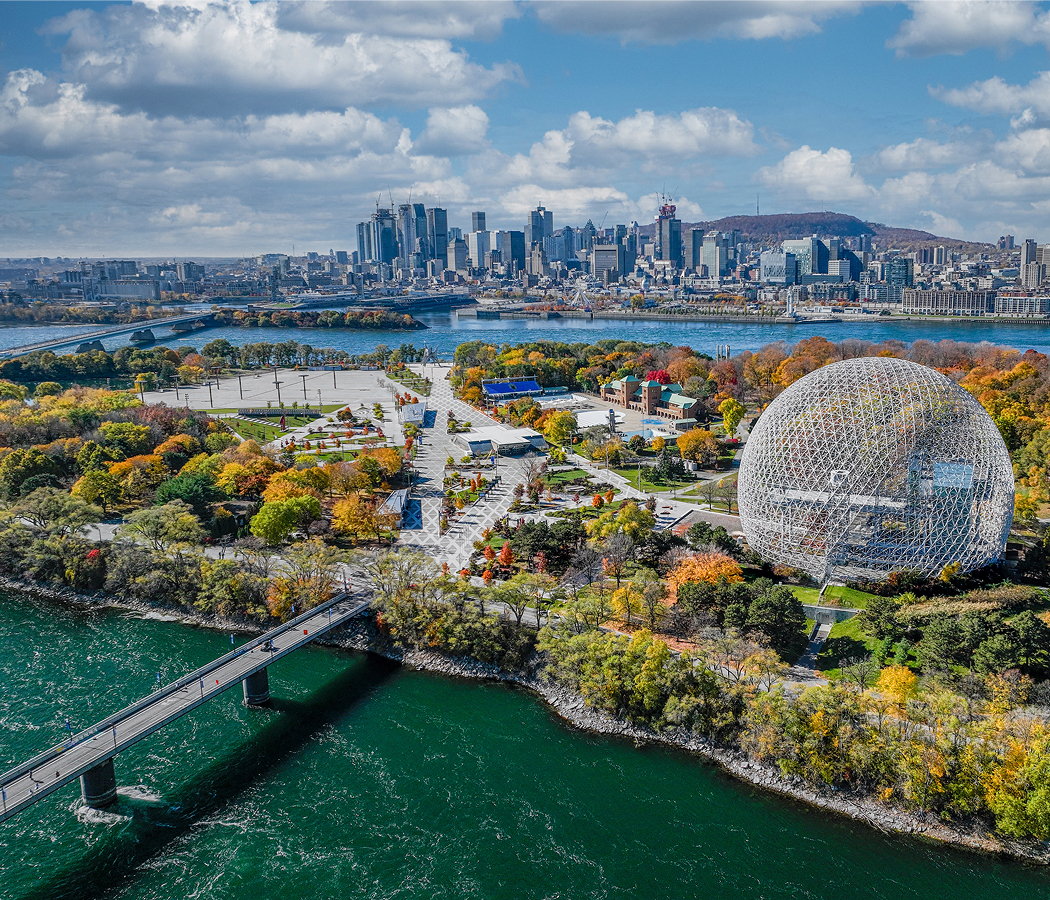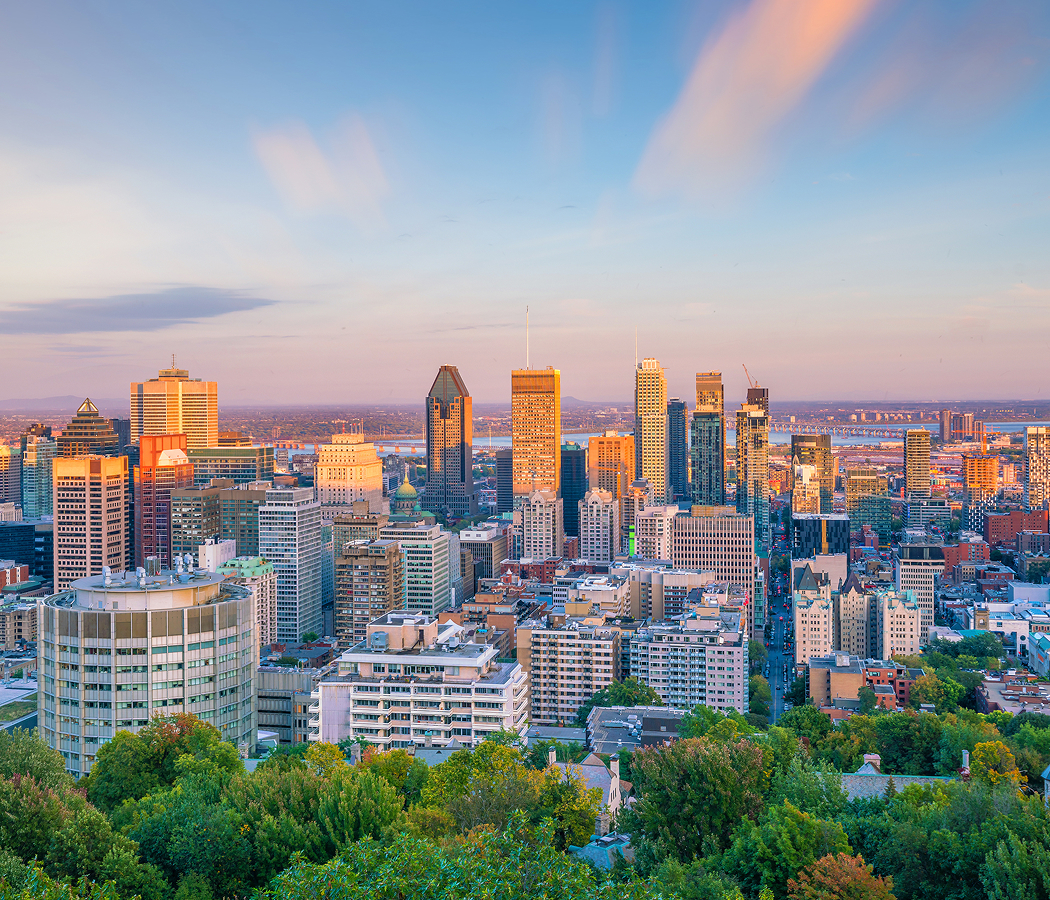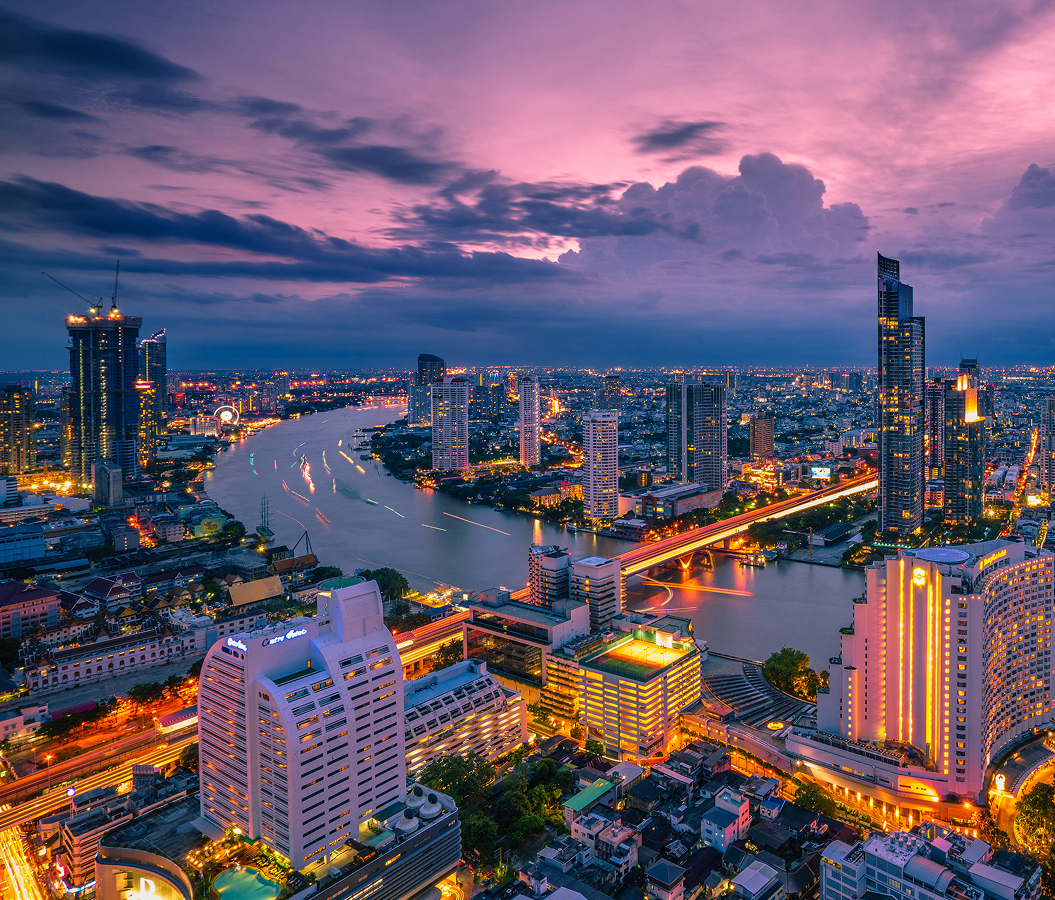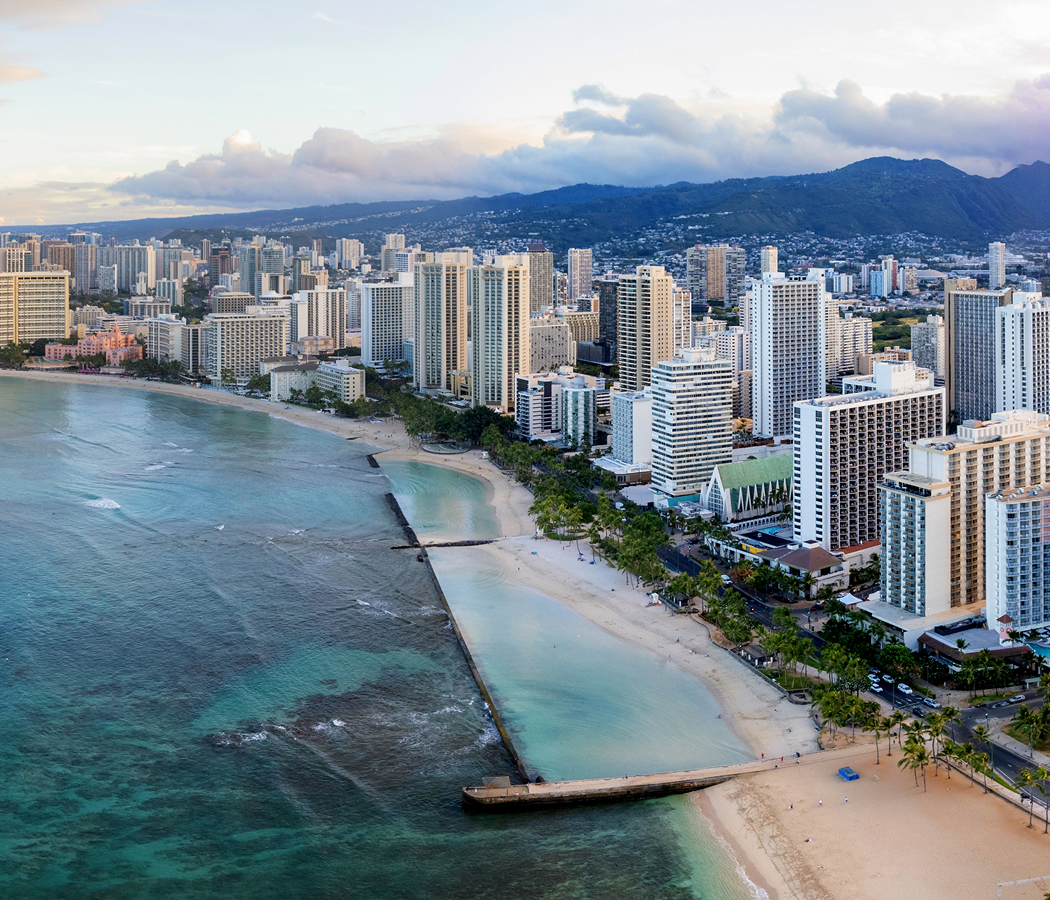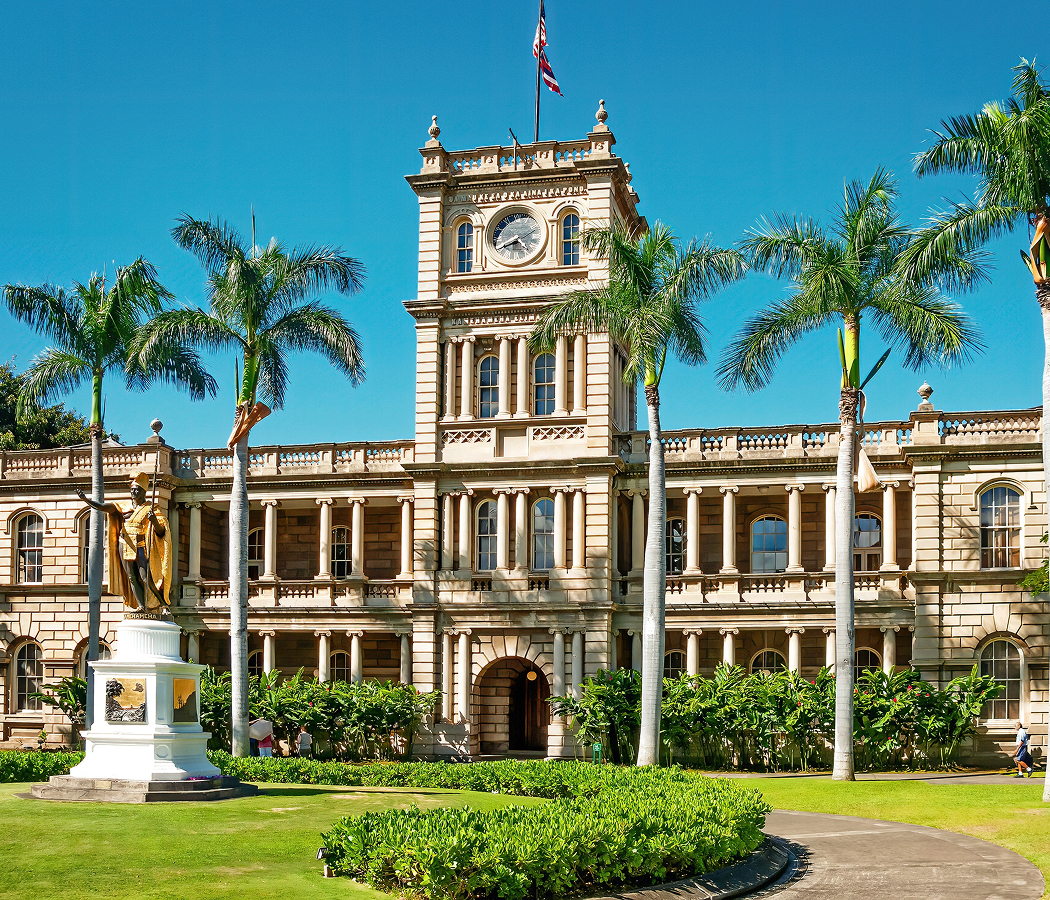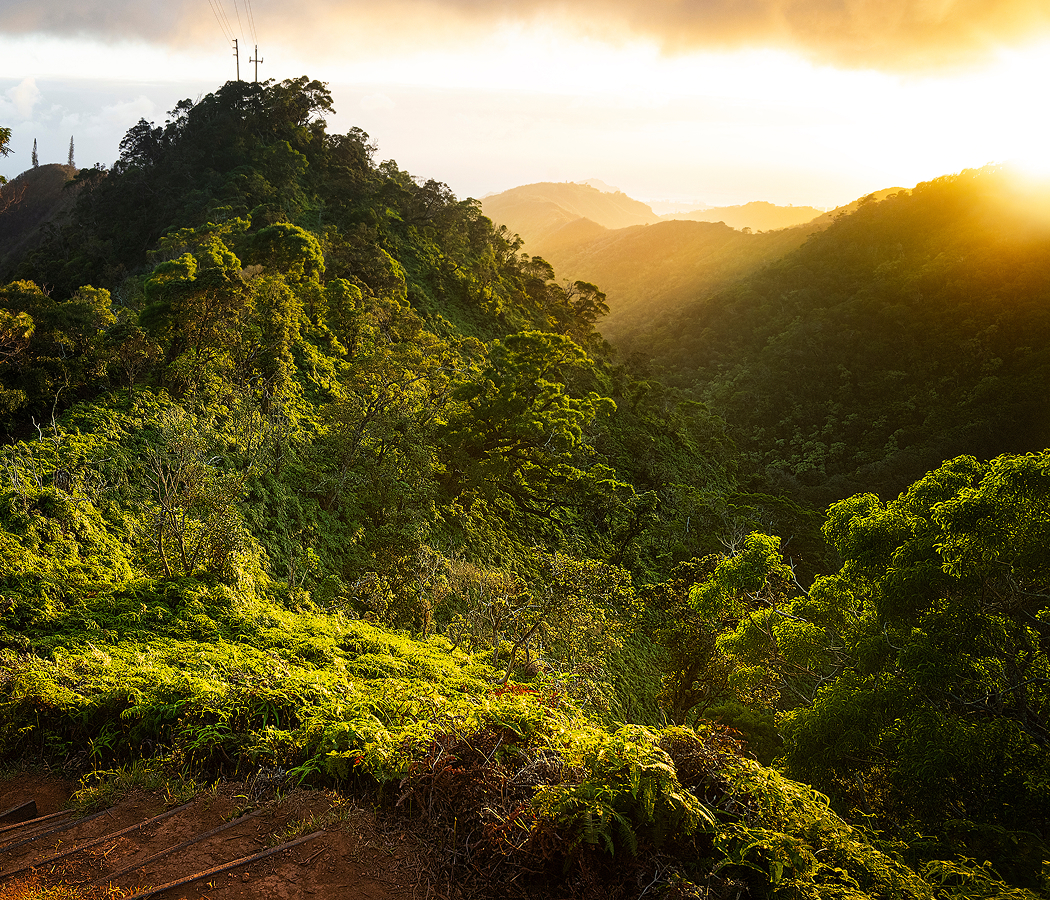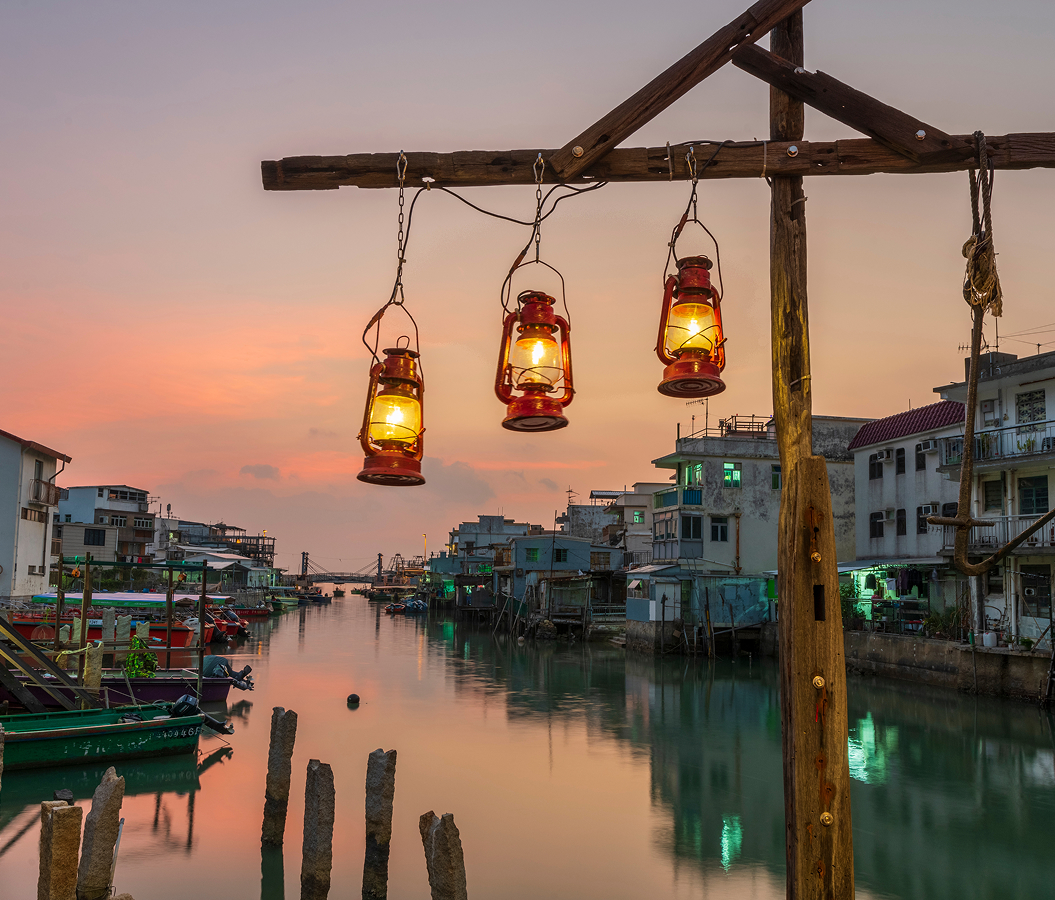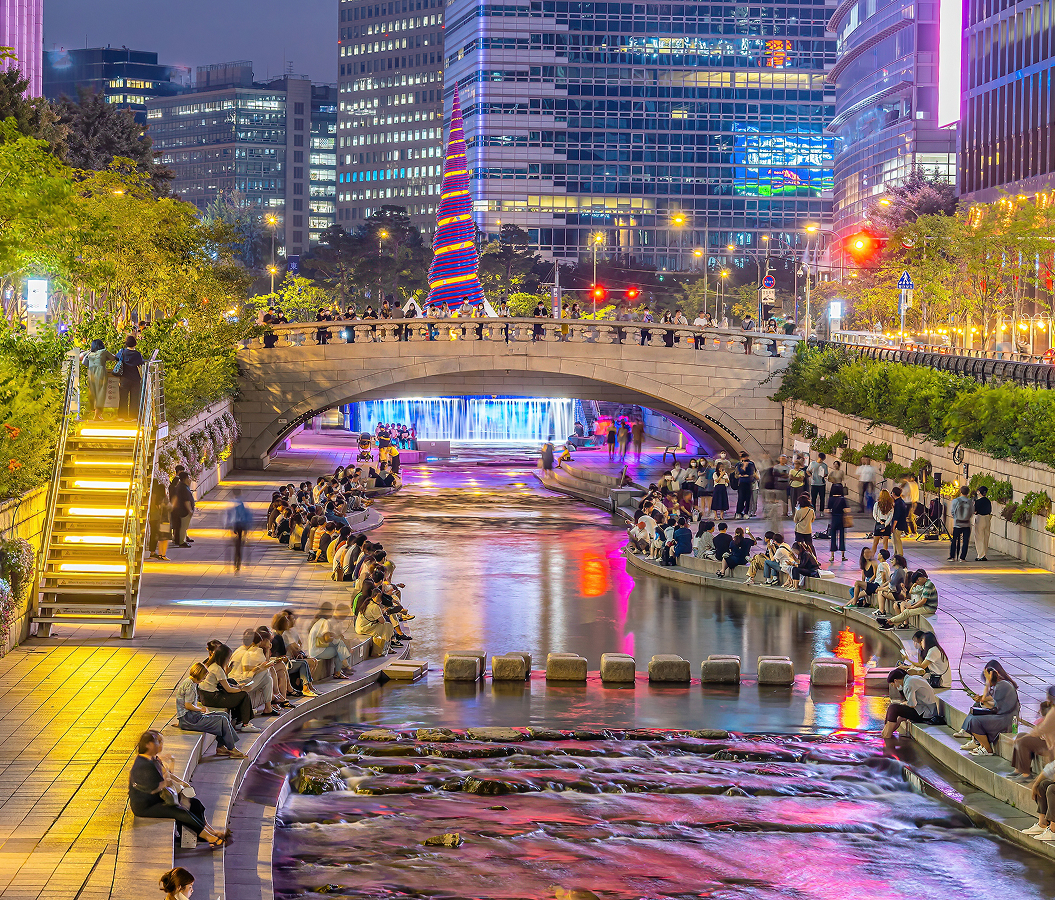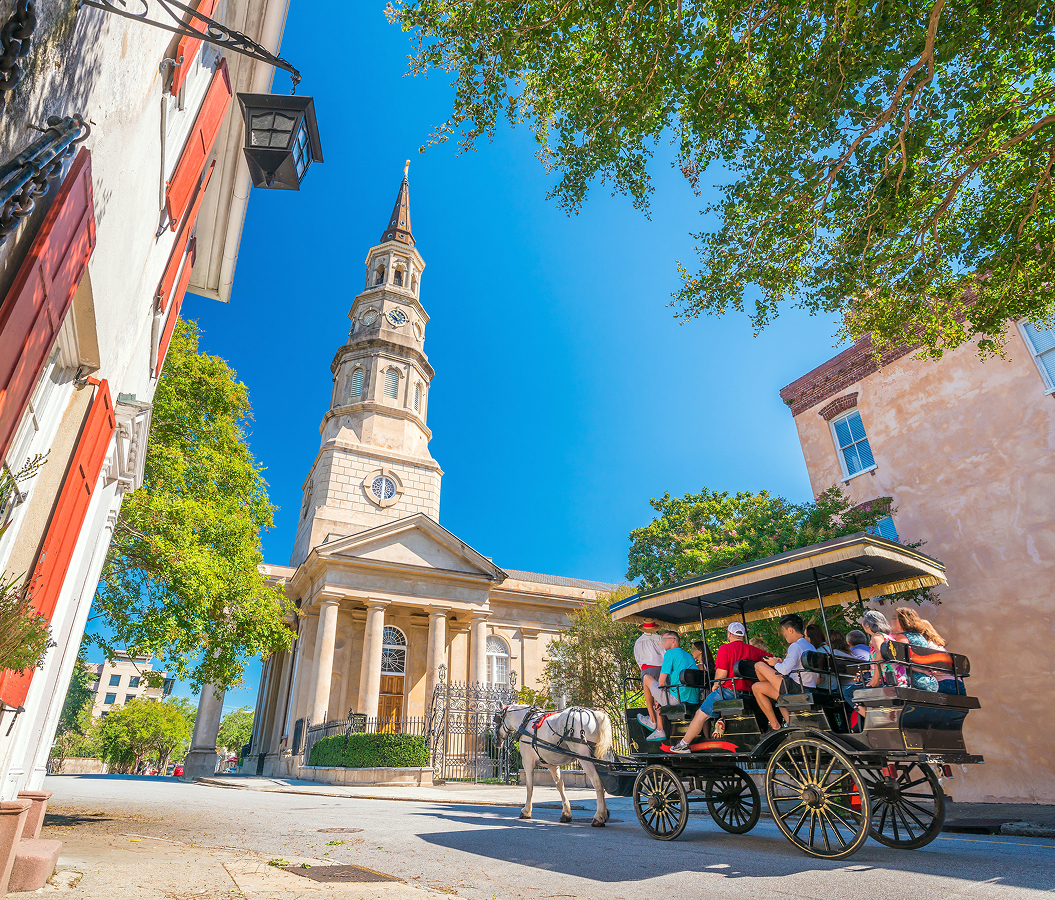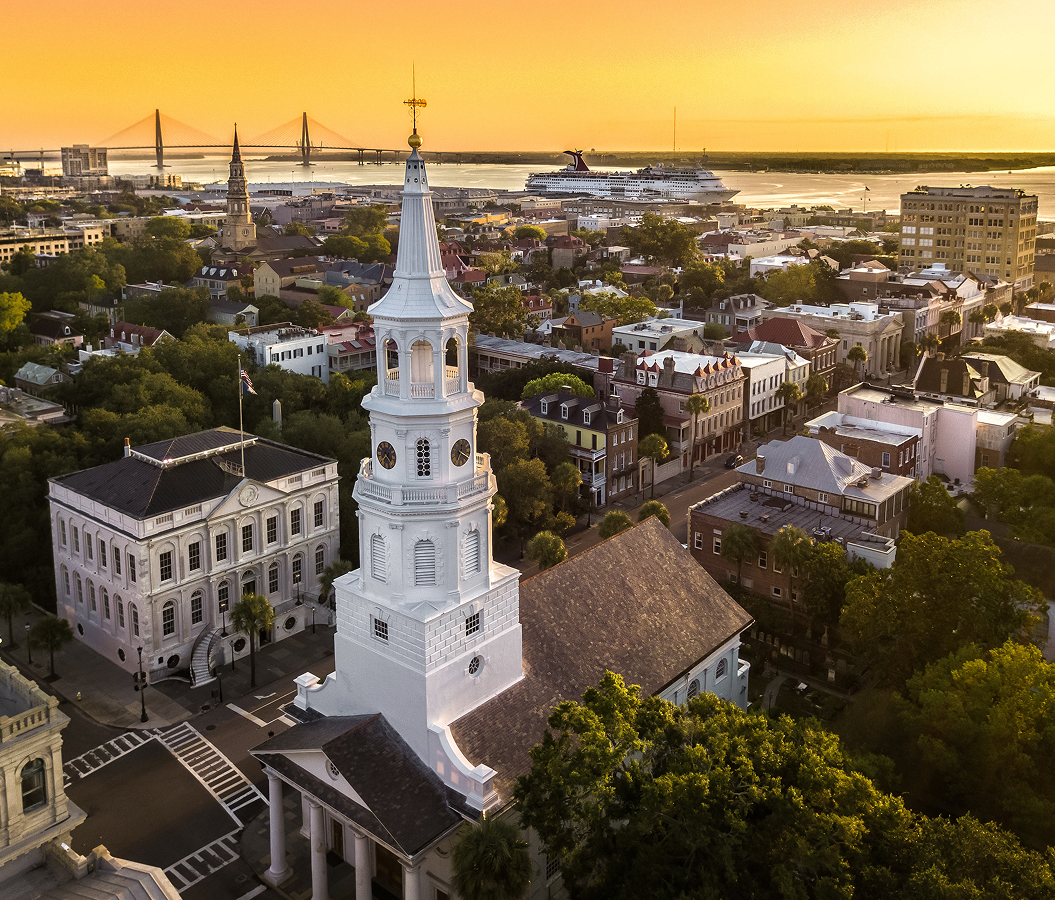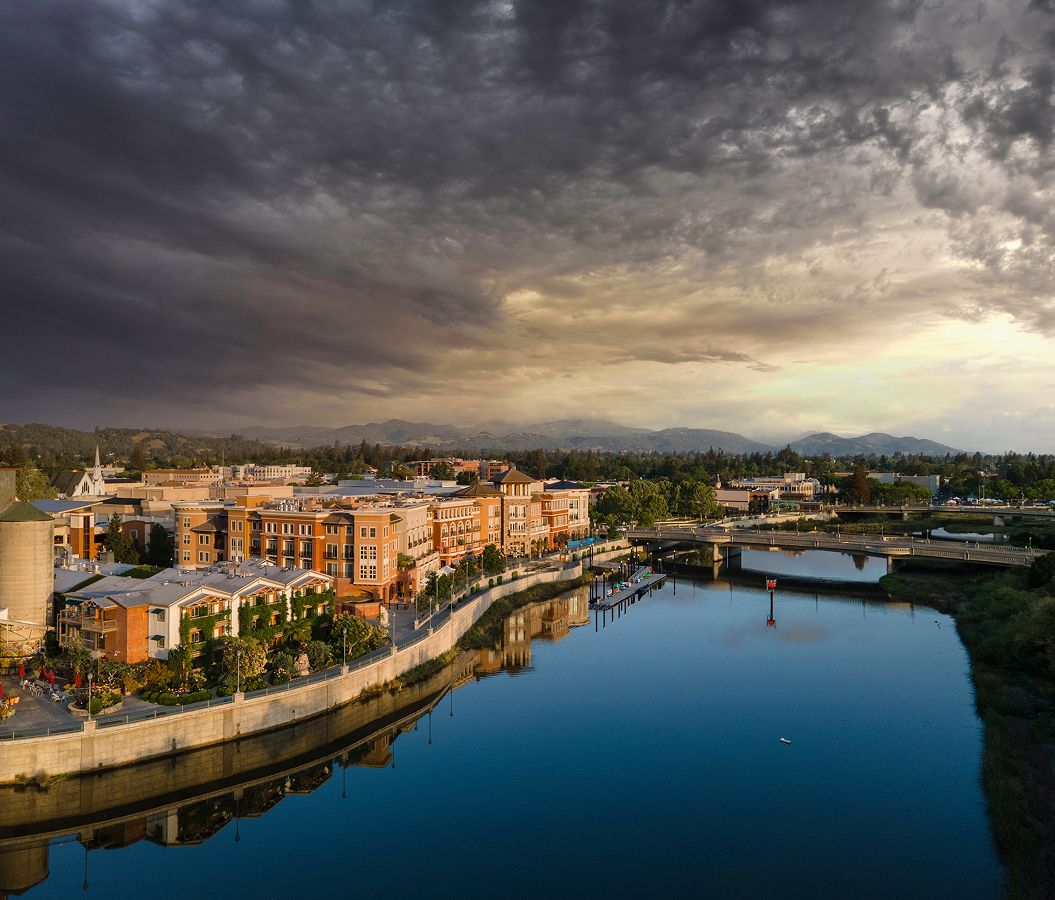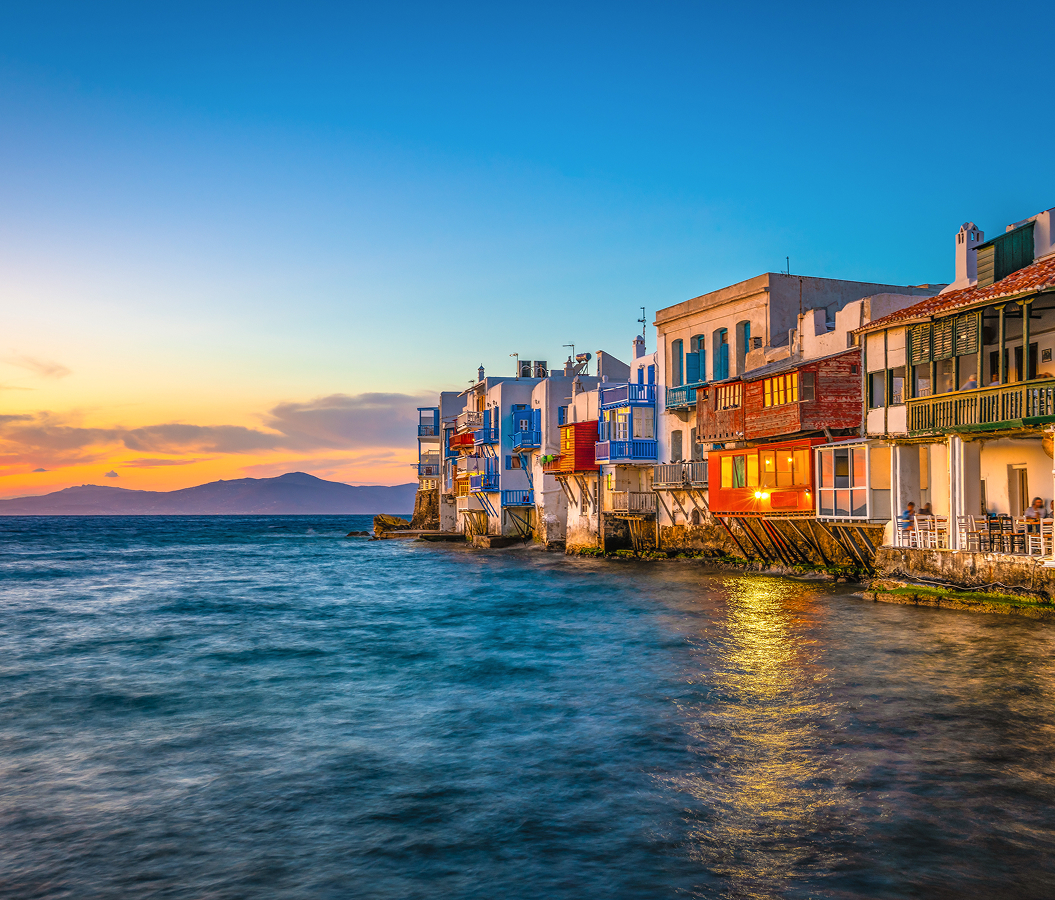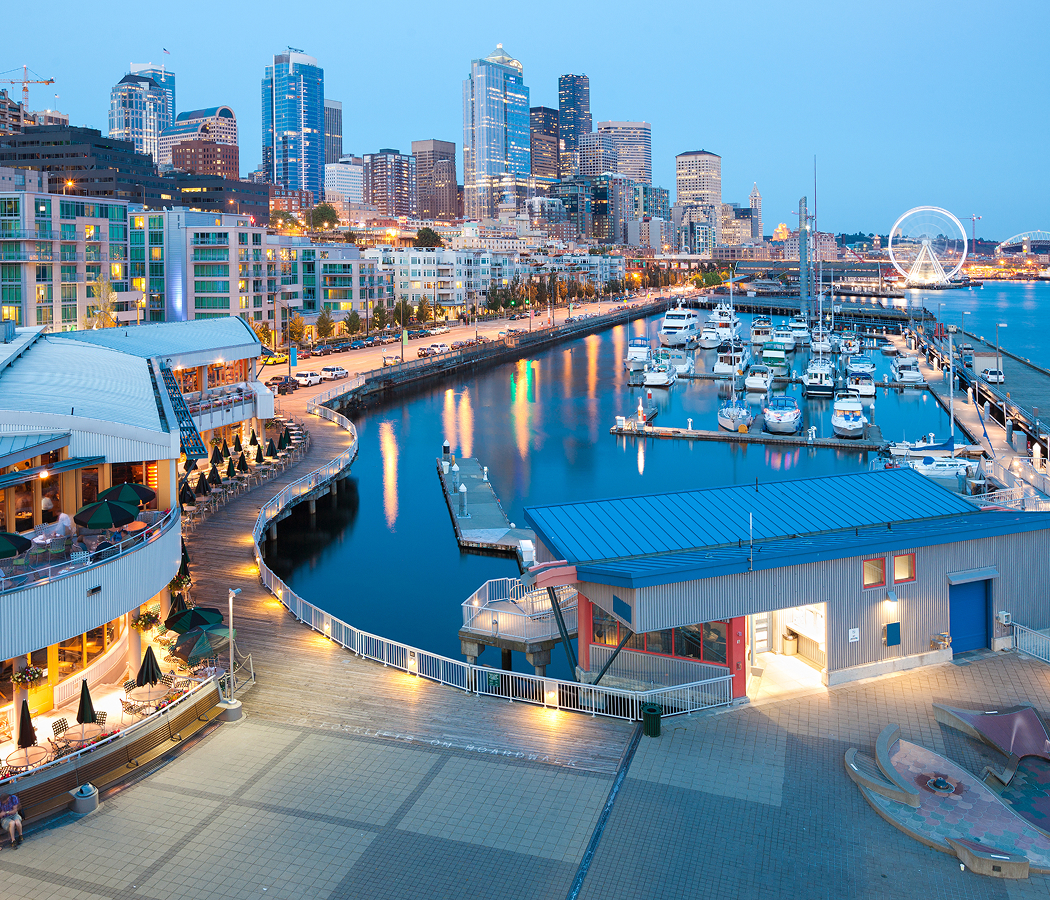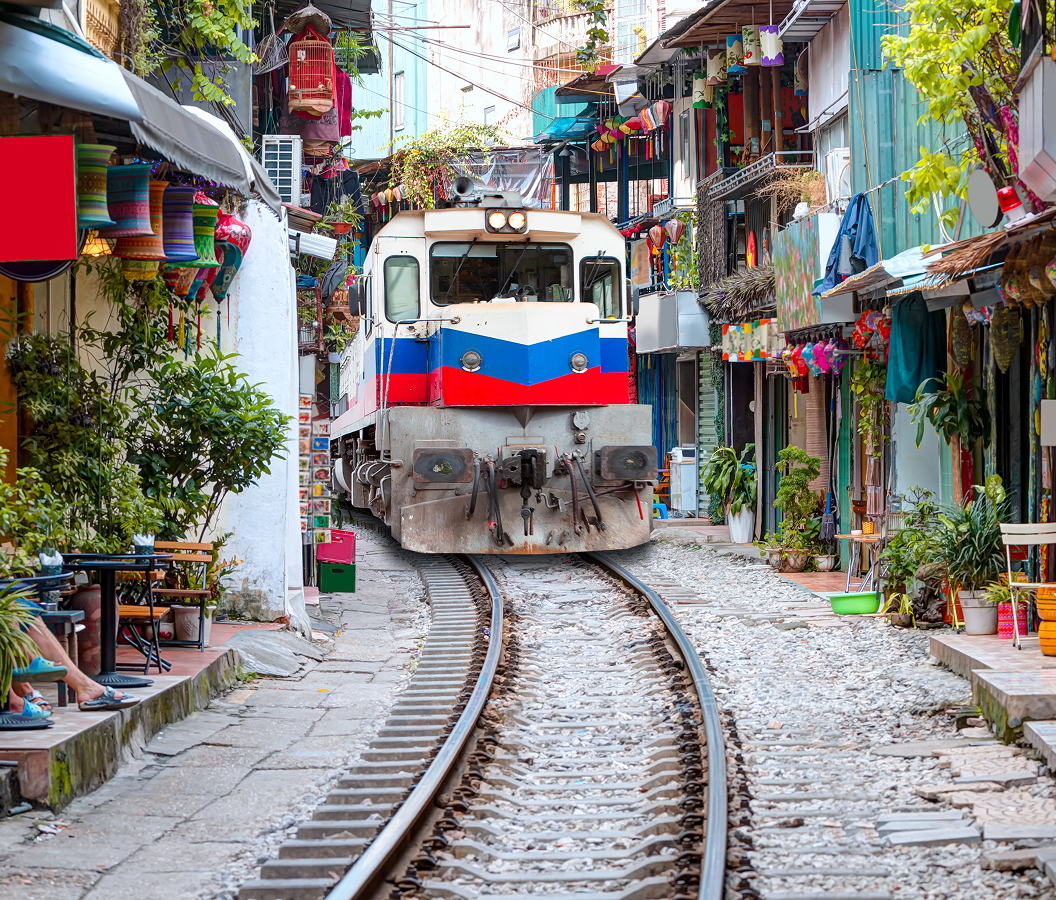
Master spontaneous travel without losing your mind.
You’ve got an hour before departure—but don’t worry, we’re not judging. We’re here to help you own the chaos. Because true spontaneous travel planning isn’t reckless—it’s about readiness.
Write this down: “Successful last-minute adventures require a draft preparation technique.” Being spontaneous doesn’t mean winging it. It means having systems in place that let you move fast, decide confidently, and book with intention.
Whether you’re using a pre-built guide in the Foresyte app or creating your own from this article, here’s how to master the art of spontaneous travel planning.
Build your foundation early.
- Organize digital travel folders by region, season, or style. Bookmark destinations, hotels, and activities when you stumble upon them.
- Keep travel documents up to date. A spontaneous international trip won’t happen with an expired passport or slow visa.
- Set up deal alerts. Airline and hotel notifications can surface killer last-minute opportunities.
- Keep a packed “go bag.” Fill it with clothing basics, toiletries, medications, and chargers—no more scrambling.
Use technology to your advantage.
- Download flight comparison apps and log in ahead of time. No time lost during flash deals.
- Use maps to evaluate destinations quickly. Distance, accessibility, and points of interest can make or break the trip.
- Scan real-time social posts and forums. Travelers on the ground provide invaluable insights about weather, crowds, or local issues.
- Use price tracking tools to avoid overpaying during crunch time.
Book with flexibility in mind.
- Prioritize free cancellation. Slightly higher prices are worth it if plans change.
- Look beyond traditional hotels. Guesthouses and vacation rentals often have better last-minute availability—and better vibes.
- Know your transportation risks. Airlines release extra seats close to departure, but they can also sell out.
- Always get travel insurance. It’s even more important when you’ve had no time to research every variable.
Master quick destination research.
- Skip the deep dive. Focus on recent reviews and traveler feedback only.
- Check events calendars. A festival could add magic—or make bookings impossible.
- Scan weather forecasts. There’s no time to plan around seasons, so plan for what’s happening now.
- Evaluate logistics fast. How long to get from the airport to your hotel? What’s public transit like? These answers matter more when your trip is short.
Budgeting without regret.
- Have a spontaneous travel fund. Know what you can spend without hesitation.
- Don’t be fooled by piecemeal savings. Evaluate the entire trip cost.
- Leave wiggle room. Some items might be more expensive—but worth it.
- Use alternative funds. Travel points, gift cards, or emergency cash can free you up to say yes to the right trip.
Pack smart and fast.
- Use pre-built packing lists. Keep a few on standby for different trip lengths.
- Choose versatile clothing. Pack once, dress for everything.
- Bring multi-purpose items. Think: clothes that work for dinner and hiking, or chargers that work globally.
- Leave space for souvenirs. The whole point of spontaneous travel is to bring home the unexpected.
Set the right expectations.
- You won’t check every box. But you will discover moments no itinerary could predict.
- Be okay with imperfections. A slightly off hotel or backup dinner plan might become the highlight.
- Value experiences over structure. Spontaneity rewards flexibility and wonder.
- Capture the surprise moments. These stories last longer than perfectly curated trips.
Handle work and relationships with care.
- Build a reputation for balance. Show that your spontaneity doesn’t disrupt your responsibilities.
- Create delegation systems. Last-minute travel only works if your work can survive without you.
- Get your people on board. Whether they cheer you on or join the trip, support makes it better.
- Know what you’re trading. You may miss events or disappoint someone. Decide what’s worth it.
Stay safe — even when moving fast.
- Scan government travel advisories. Don’t fly blind.
- Share your itinerary. Even short domestic trips benefit from check-ins.
- Buy insurance that fits the trip. Last-minute plans often include more risk—plan accordingly.
- Trust your gut. With less time to vet, your instincts matter even more.
Learn and improve with every trip.
- Take notes. What worked? What didn’t?
- Track expenses. Learn whether spontaneity costs more—or just feels like it does.
- Save your best tools and resources. Build your own rapid-fire travel kit.
- Understand how you respond under pressure. The more you know yourself, the better you’ll travel.
Where meaningful travel begins.
Start your journey with Foresyte, where the planning is part of the magic.
Discover the experiences that matter most.







